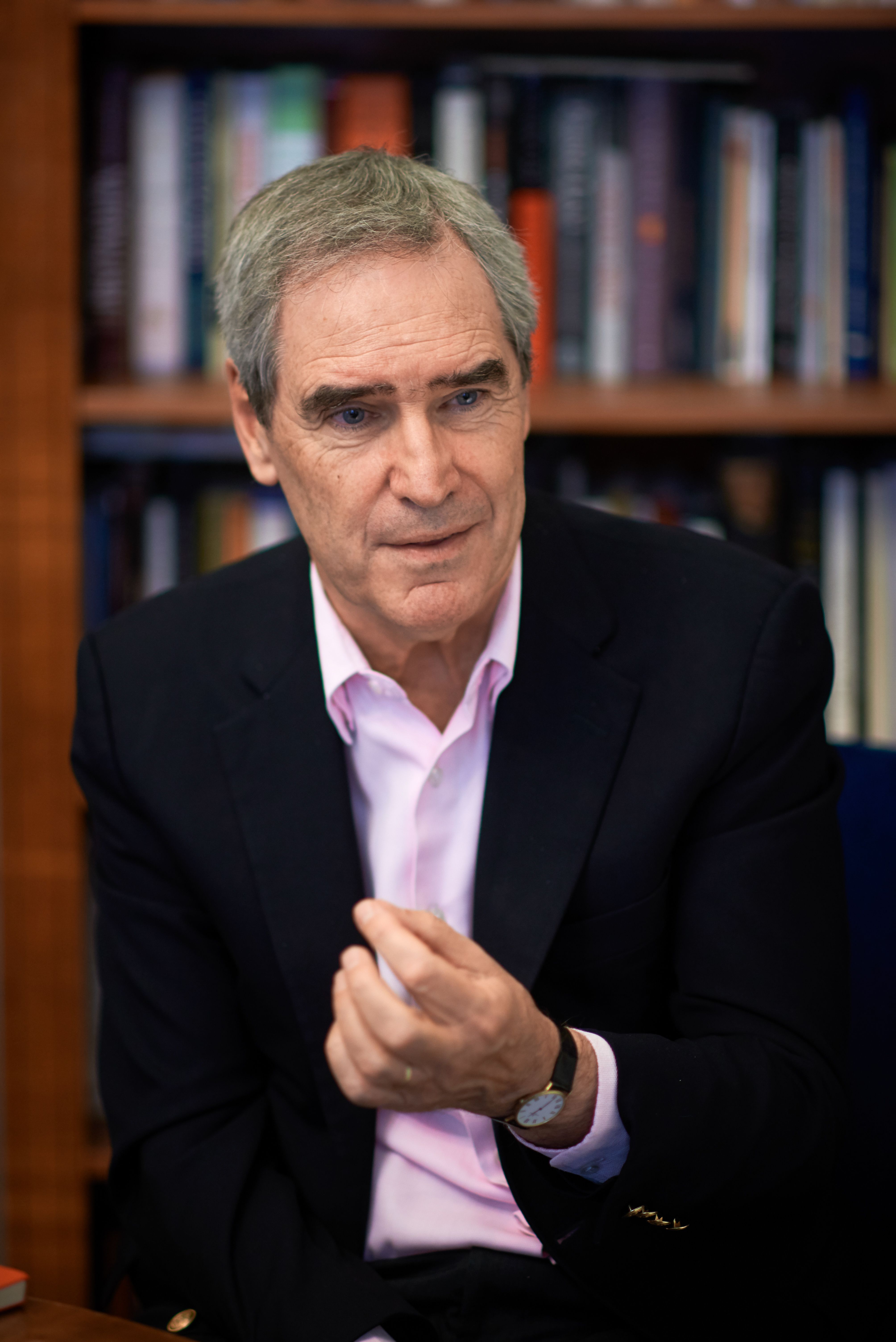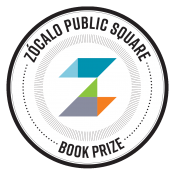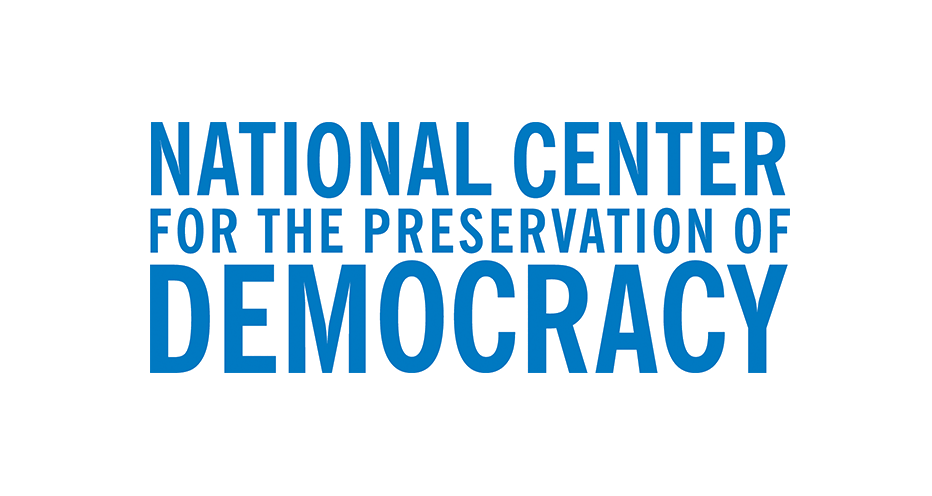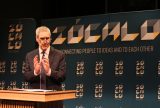
Our globalized world is built on the notion of universal precepts—such as democracy and human rights—that supposedly benefit everyone. But these ideas can seem like abstractions in our daily lives. Local communities operate more according to ordinary virtues—trust, honesty, politeness, forgiveness, and respect. By shortening the distances between people and places, globalization has sharpened the conflict between the local and the global, between the principles of justice for all individuals and the need for self-determination, harmony, and basic decency within local communities. In the 21st century, how do local community needs and universal values influence, and sometimes collide with, each other? In the competition between the different moral worlds of small communities and global elites, which side is gaining the upper hand? And how do communities create and nurture shared moral values in global cities like Los Angeles, to which people of different races, religions, and national origins bring different experiences and values? Central European University rector and president Michael Ignatieff, winner of the eighth annual Zócalo Book Prize for The Ordinary Virtues: Moral Order in a Divided World, visits Zócalo to explore whether ordinary local virtues provide the best answer to the growing divisions in our polarized planet.
Charles Jensen, winner of the seventh annual Zócalo Poetry Prize, will deliver a public reading of his winning poem prior to the lecture.
111 N. Central Ave
Los Angeles, CA 90012
The Takeaway
Ordinary Virtues, Not Abstract Principles, Could Unite Our Divided World, Says Michael Ignatieff
The Zócalo Book Prize Winner Describes How Values Like Loyalty, Trust, and Forbearance Can Bind Individuals and Societies
The Eighth Annual Zócalo Book Prize Award Ceremony began in Tucson, Arizona, traveled from Los Angeles to Pretoria, South Africa, and Rio de Janeiro, Brazil, and made stops in Hungary …







